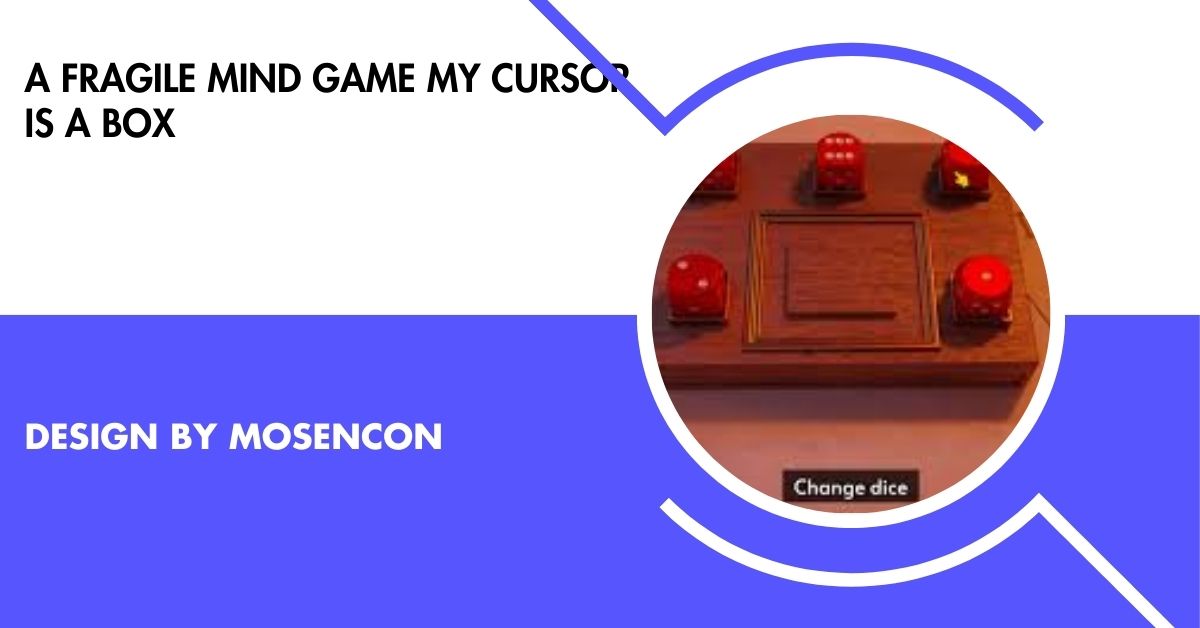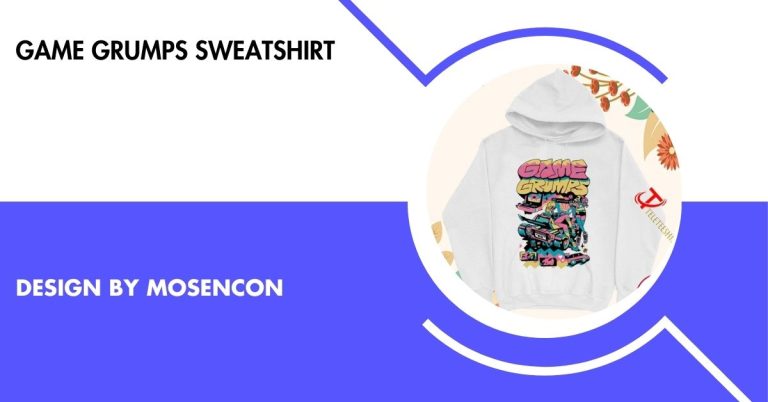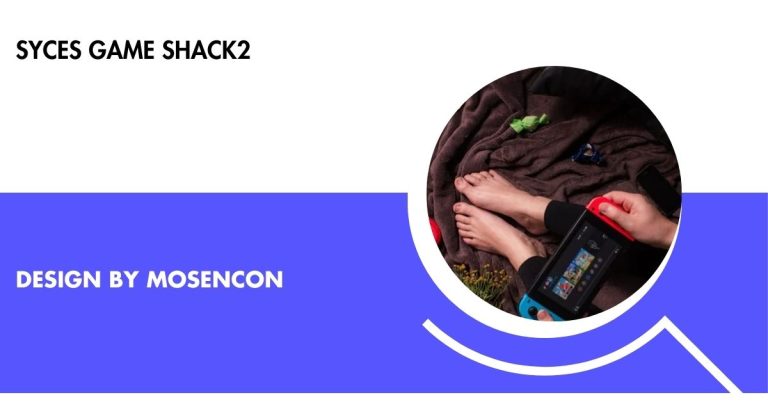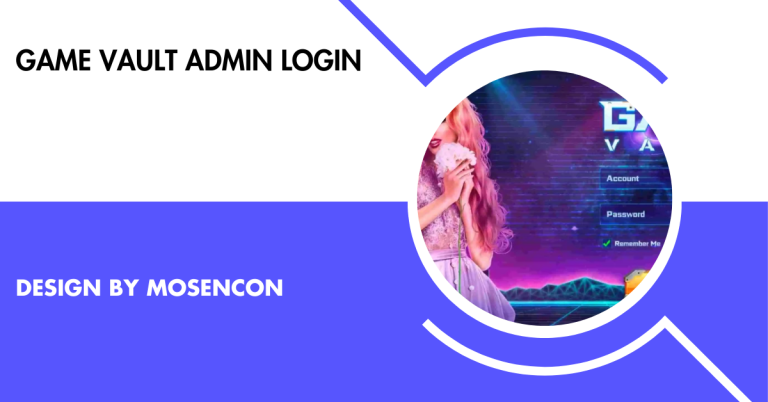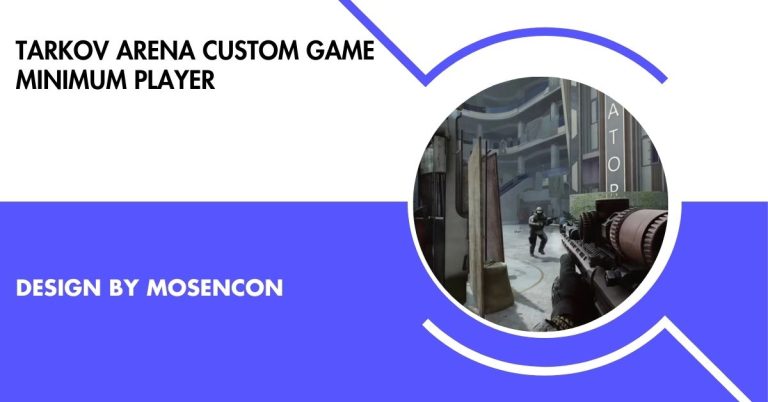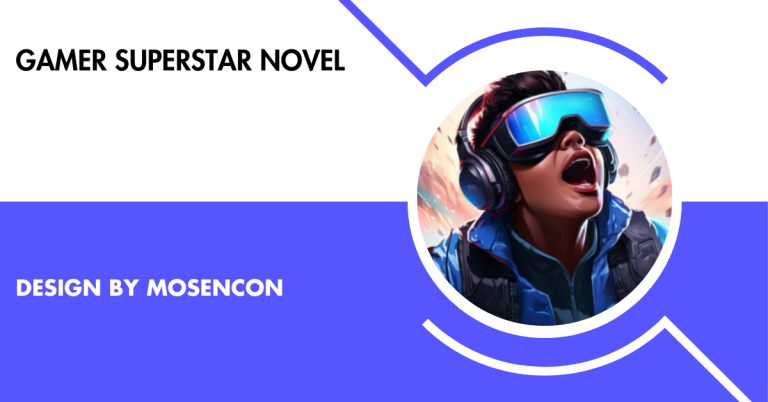A Fragile Mind Game My Cursor Is A Box – My Cursor Is A Box!
“A Fragile Mind” is a unique puzzle game where players control a box cursor instead of the usual arrow. It challenges players to think creatively, overcome mental limits, and reflect on emotions and mental health.
What is “A Fragile Mind Game”?

The Basic Concept:
“A Fragile Mind” is a puzzle game designed to challenge players’ perception and understanding of the world. Unlike typical games where the cursor is an arrow, the central element here is a box. This box behaves differently, interacting with the environment in unexpected ways. The movement of the box and its engagement with the game world create a unique experience that encourages players to question their thinking. It’s not just a game, but a thought-provoking exploration of perception.
The Purpose of the Box Cursor:
The box cursor in “A Fragile Mind” represents the limits of the human mind. Just like a box has clear edges, the mind can feel restricted by boundaries. In the game, players guide the box through different levels that challenge their thinking and mental strength. The way the box moves and interacts with the game world is a symbol of how complex human thoughts can be. It encourages players to think deeper about their perceptions and mental limits.
The “Fragile Mind Game” Metaphor:
A “fragile mind game” tests how a person thinks and reacts to changes in the game. In this game, the simple change from an arrow cursor to a box challenges your usual way of interacting. The box feels strange and unfamiliar, making it harder to use. This shift represents how unexpected changes can confuse our minds, forcing us to rethink how we approach situations. It makes us adjust our thinking and adapt to new, unfamiliar ways of interacting with the game.
Also read: Tarkov Arena Custom Game Minimum Player – A Complete Guide!
Gameplay Mechanics:
Navigating with the Box Cursor:
In “A Fragile Mind,” moving the box cursor is key to the gameplay. Unlike regular games, the box is not just a tool but represents the challenges you face. It moves slowly, sometimes feeling stuck, like when your mind feels confused or trapped. Every action with the box has consequences, making the game thrilling and reflective. It makes you question how your choices affect the world around you, just like how your thoughts influence your daily life.
Problem Solving and Puzzles:
“A Fragile Mind” features challenging puzzles that require creative thinking. To progress, you must move the box cursor in specific ways to unlock new areas or levels. Some puzzles make you think outside the box, testing your ability to solve problems and connect ideas. The game doesn’t give easy answers, encouraging you to push through mental challenges, similar to real-life problems, where solutions aren’t always straightforward. It challenges you to find your own way through obstacles.
Emotional Impact and Psychological Themes:
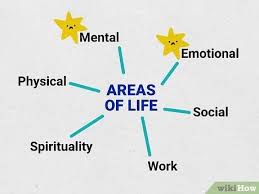
Playing “A Fragile Mind” feels like an emotional journey. The way the box moves reflects your feelings—sometimes slow and heavy, like stress or anxiety, and other times light and fast, like clarity and control. These changes make the game feel personal, as it mirrors your emotional and mental state. The experience goes beyond puzzles, creating a deeper connection that makes you reflect on your thoughts, moods, and how they affect the world around you.
The Significance of the Box Cursor:
Symbolism of the Box:
The box cursor in the game symbolizes the mind’s limitations. It represents how we often create self-imposed barriers through overthinking or doubt. The game challenges this idea by using a box as the cursor, encouraging players to break free from these constraints. Just as a box has defined edges, the mind can feel confined by thoughts and emotions. The goal is to overcome these limitations and find new ways to think, grow, and explore.
Exploration of the Mind’s Fragility:
“A Fragile Mind” highlights the fragility of the human mind. Mental health can be vulnerable, with moments of doubt, confusion, and fear. The game mirrors this by presenting tough challenges that feel overwhelming, but also offering moments of clarity and insight. These experiences help players understand the delicate balance between strength and vulnerability in their own minds. The game invites reflection on how the mind can be both fragile and resilient at the same time.
Why “A Fragile Mind” Is Important:
Raising Awareness of Mental Health:
Many games are simply made for entertainment, but A Fragile Mind serves a deeper purpose. The game uses the metaphor of a fragile mind to raise awareness about mental health. It’s a reminder that our minds can be both resilient and fragile, and that it’s okay to acknowledge the times when we are feeling weak or uncertain. This game offers an experience that opens up a conversation about mental health and the importance of taking care of our minds.
Also read: Southie Adams Waiting Game Live Fire Vape – A Complete Guide!
An Insightful Journey:
While “A Fragile Mind” may not offer the flashy action or excitement that some players expect, it offers something far more important: an opportunity for self-reflection. It encourages you to look inward and explore how you deal with obstacles, both in the game and in real life. The more you play, the more you might realize that the challenges you face in the game are similar to the struggles you face outside of it. The box cursor isn’t just a tool; it’s a reflection of your mind’s strength and fragility.
The Psychological Impact of Design:
The design of digital interfaces influences how we think and interact with them. We expect consistency, like a familiar arrow cursor, which guides us and reduces mental effort. When the cursor changes to a box, it disrupts this predictability, causing confusion and hesitation. This disruption mirrors how our minds struggle with the unfamiliar. However, such moments offer opportunities for growth, encouraging mental flexibility and adaptability. Players must shift from passively following cues to actively engaging and problem-solving.
Digital Mind Games and User Experience:
A “mind game” challenges users mentally, testing their cognitive skills through the interface. Changing the cursor from an arrow to a box makes users rethink their actions, which disrupts their usual flow. This shift in design pushes users to focus more, breaking automatic behaviors and engaging their minds. In digital design, this trend is growing, with small changes encouraging deeper thinking. Just like in games, puzzles and unexpected shifts in design can keep users alert and encourage fresh responses.
FAQ’s
1. What is the box cursor in “A Fragile Mind”?
The box cursor represents mental limitations, challenging players to think beyond usual boundaries and engage with the game in a new way.
2. Is the game easy to play?
The game offers challenging puzzles that require creative thinking, so it might not be easy but is rewarding as you solve each one.
3. Does the game have any emotional themes?
Yes, the game reflects emotional states such as stress and clarity, making it an insightful experience about mental health.
4. Who should play “A Fragile Mind”?
This game is ideal for players who enjoy thoughtful, introspective experiences and enjoy solving puzzles that challenge their thinking.
5. Why is the game called “A Fragile Mind”?
The game explores the fragility of the human mind, symbolized by the box cursor, representing how mental challenges can feel overwhelming but also provide growth.
Conclusion
In conclusion, “A Fragile Mind” is a thought-provoking puzzle game that uses a box cursor to symbolize the limitations of the human mind. It challenges players to think creatively, solve complex puzzles, and reflect on emotional states. By exploring mental health themes, the game encourages players to confront their inner struggles, promoting self-awareness and growth.

